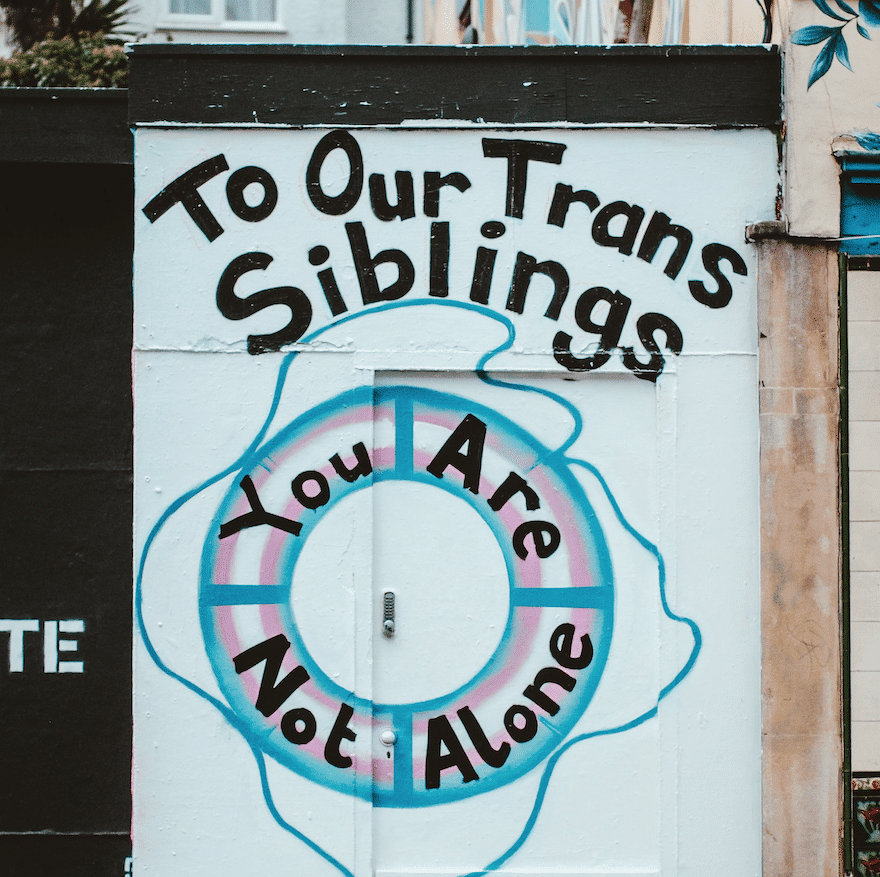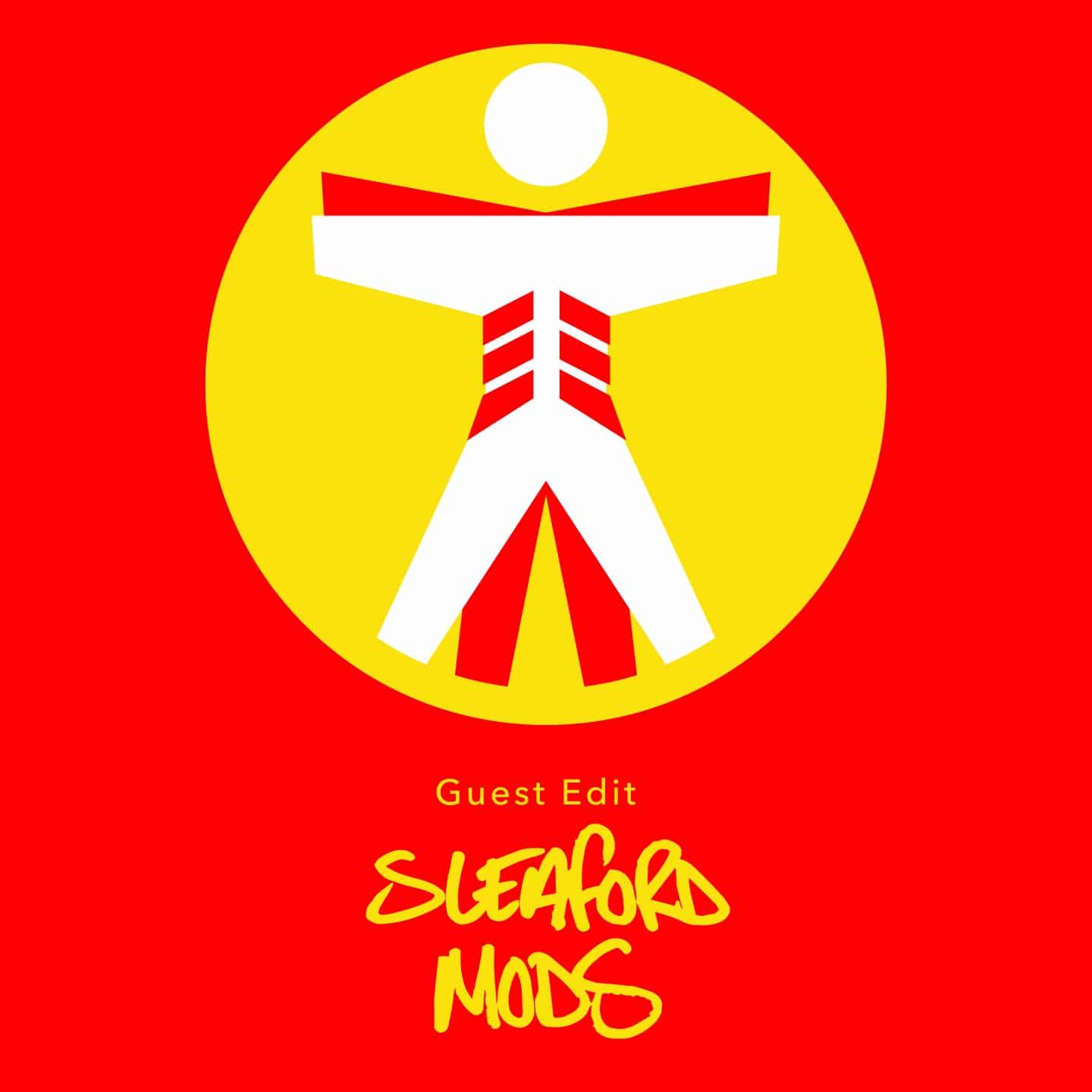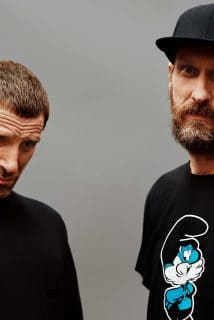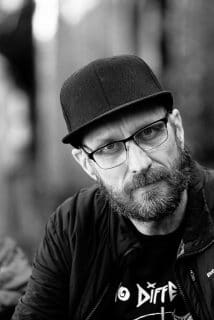Transgender Identity in Action
Culture
Cavyn Mitchell, an academic, transdisabled activist and community worker, on the realities of transgender existence and how transgender people can be better supported in a world trying to ostracise them. An impassioned plea to listen and important piece to read.
When I first began coming out as transgender many years ago, I was clueless. I knew one trans person and I’d read a book (how I deal with most things in life), so I went in search of a community that I did not know fully existed or could exist. Everything that I saw in mainstream media or even within my university course in sociology demonised transgender people as ‘wrong’ or ‘dangerous’. This could not have been further from the truth; I found my community in Tulsa (I was studying in Oklahoma at the time) and my world opened. I found a place where for once I ‘fit’, and I could exist. I also found my wife; a fabulously queer trans woman who showed me that it’s okay to let go of some of the more stringent social norms around masculinity, and who helped me tackle the internalised transphobia which I had collected from many years of hearing anti-trans rhetoric in the media and in politics.
Many of the difficulties of being trans come from outside transgender communities; the ways in which transgender people are ostracized now, for example through moral panic in the media, echoes the ways in which LGB people were treated before marriage equality and before society began being more accepting and attitudes changed.
There is still much stigma around trans identity. One experience I had that sums up the minor but everyday negative reactions trans people experience came when I was travelling on a plane from Oklahoma to Houston. The woman next to me was chatting away to me and then noticed that I had dropped one of my badges, which she picked up. She was really quiet afterwards; the only conclusion was that it was because the badge said trans lives matter. Back here in the UK, gender pushing, and gender policing are rife; people try and enforce gender normative behaviours upon others because they don’t meet their idea of what people should be like. I am constantly referred to as ‘miss or ma’am’ even when wearing a pronouns badge which reads ‘he/him’. These forms of gendering are incredibly difficult to challenge, as they make you feel invisible. The emotional labour that is needed to correct or challenge such behaviours can be exhausting.
The hope for the future is that trans people exist authentically, without fear and prejudice. However, the transphobia and misconceptions around trans existence in wider society causes many ructions within the community, particularly as trans women bear the majority of the discrimination and are arguably much more visible than trans men, and non-binary people find themselves the least visible. Trans men do face many challenges, the most publicised of which is that of public toilets: which facility should transgender people use? As someone who is visibly trans, choosing which toilet to use is stressful; as I have disabilities, I often use the disabled toilet which is usually a genderless space. However, when facilities have disabled toilets within gendered spaces there are difficulties. Many trans men are used to having a friend who stands outside a bathroom just in case there is a problem. Although some companies are becoming more trans-friendly, providing both safe gendered spaces and gender-neutral toilets, this is still far from the norm.
Gender policing is also a major problem within the trans community due to people internalising the stigma we experience. Trans men can be particularly subject to it by other trans men in my experience, especially if they buy into the gender binary and take for granted the ways in which patriarchy dominates society. The ways in which gender policing occurs in these transmasculine communities mirrors the ways in which toxic and fragile masculinity occurs in wider society. For example, the normalisation of violence or aggression through the phrase ‘boys will be boys’ or feeling the need to suppress rather than express emotions.
Access to healthcare can also be difficult, particularly in the UK. For example, there are few specialist ‘Gender Identity’ clinics for trans people. For many, it is unbearable to be lost within a system where the wait for a first appointment at a Gender Identity Clinic is upwards of three years, but private treatment also comes at a high cost. Moreover, trans people become invisible within healthcare systems when we are discharged from any medical procedure or surgery, or if we decide not to undergo any form of medical transition. An example of this is the inequality trans men face in seeking a hysterectomy, which is a heavily gatekept surgery, that for some ends in being placed inappropriately on a female single-sex ward.
Another issue with healthcare is the low uptake in screenings, for example for breast or cervical cancer among men. I had a friend who used to take a female-identifying friend with him to his gynaecologist appointment, so when he was called through it looked like he was just there to support her. This would certainly decrease his fear of being judged as a man waiting for a smear test, but it also shows just how intimidating these heavily gendered spaces can be.
Language can play a part in destigmatising spaces or bodily functions. For example, in 2020, a well-known shop changed the description of their sanitary products from ‘for women who menstruate’ to ‘for people who menstruate’. The change in language was a brilliant way to include all those who do menstruate, including those who are non-binary as well as trans men, as it validates their experience whilst acknowledging that they exist outside of what would be considered ‘the norm’.
While the treatment of lesbian, gay, and bi people has improved in society over the years, and moved forward from the legalisation of gay sex to having marriage equality recognised, trans existence is still in the debate and discussion phase. Sometimes things seem to progress, and at others, such as within British and American society at the moment, things seem to regress. There are people who do not even know what a trans person is. Certainly, many people do not understand how or why trans people exist. If you are unsure about transgender people, it is important to listen to our stories and our experiences and know that we just want to exist.
Trending

Join The Book of Man
Sign up to our daily newsletters to join the frontline of the revolution in masculinity.



















